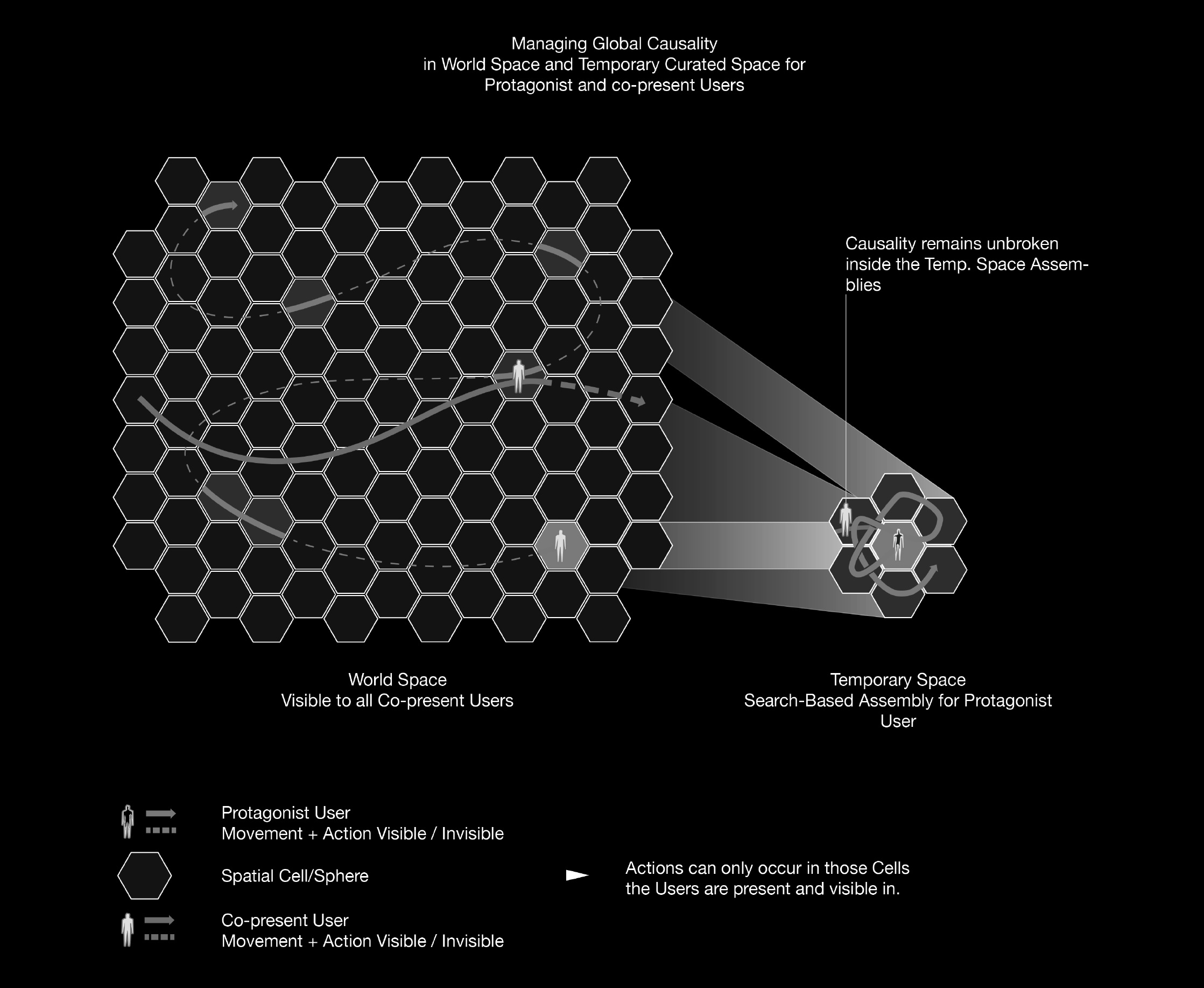Relativistic Architecture: Reclaiming Agency in Immersive Systems
A systems-theoretical framework for immersive environments that decentralise control, preserve semantic coherence, and centre relational agency in Web 5.0.
Authors: Helmut Kinzler, Daria Zolotareva, Aleksandra Mnich-Spraiter
Published on 9 July 2025
Abstract
Purpose: This paper critiques dominant system-centric models of cybernetics and offers a new architectural framework - relativistic architecture - that centres individual agency and decentralised, adaptive systems in immersive environments.
Approach: Drawing on second-order cybernetics and posthuman systems theory, it critiques the closure and asymmetry of current platforms and outlines a path toward immersive architectures capable of sustaining pluralism, autonomy, and semantic coherence in decentralised systems.
Findings: Current metaverses replicate rigid, centralized systems that limit user agency. By contrast, a relativistic approach enables dynamic, co-created environments where meaning emerges from interaction. This paradigm shift has implications for both design and governance of virtual space.
Value: The paper contributes a cross-disciplinary perspective bridging systems theory, architecture, and emerging technologies to imagine resilient, participatory digital futures.
Figure 1: Managing Global Causality in World Space and Temporary Curated Space
This diagram illustrates how causality flows from personalised, search-generated environments (right) into a persistent, co-present World Space (left). It models a relativistic separation between individual inquiry and collective visibility, allowing causal integrity to be preserved while enabling permission-based, scalable co-presence. Over time, recurring patterns of interaction and attention shape the structure of the shared immersive world.


